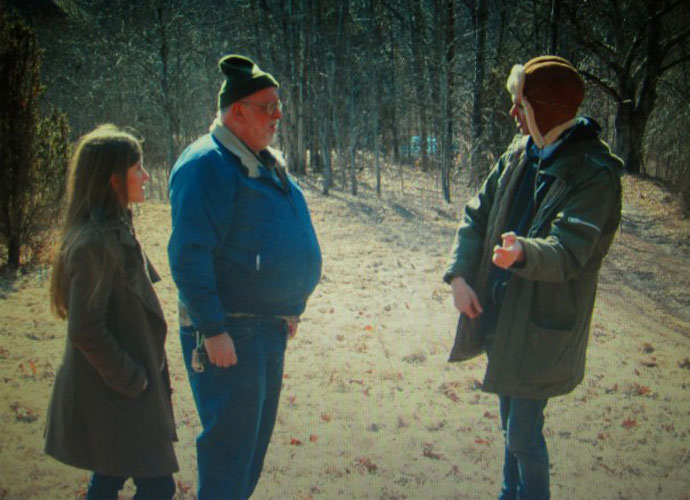
Dirty Projectors: Swing Lo Magellan
10.07.12
Persistent hand claps reverberate ever so slightly, echoing the sound of solitary footsteps clopping through an empty hallway as a wailing electric guitar stumbles to David Longstreth’s voice, suspended in strings. He repeats his rather simple promise: “There is an answer, I haven’t found it / but I will keep dancing till I do / dance for you, dance for you.” And when he sings ‘keep,’ his voice lilts and strains ever so slightly––as if worn from previous attempts.
The Dirty Projectors is now a quintet known for its ambition. Longstreth handpicked its other members from when he conducted hired instrumentalists through The Getty Address, a glitch opera starring himself as Don Henley, and Rise Above, a collection of Black Flag songs played solely by memory. Vocalist Amber Coffman even co-wrote the biggest hit off 2009’s Bitte Orca, an Beyonce-inspired album that also reintroduced hocketing––a ricocheting vocal technique with medieval origins––to the blogosphere.
Thanks to such ambition, critics paid close attention to its careful, intricate orchestration and wide-ranging influences. But in sixth studio effort, Swing Lo Magellan casts all of this aside and presents the Dirty Projectors as nearly unadorned. It sounds as if the band’s still trapped inside the same upstate New York bootlegger home where Longstreth wrote the album, alone with its thoughts and, well, a few instruments
When Longstreth was still staying in that bootlegger home, he built fires in its wood stove and used 1994 editions of The New York Times as kindling. Swing Lo Magellan relays songs with the same calm urgency as most headlines, but with select details left out, they resonate more as carefully constructed ransom notes. In “Offspring Are Blank,” Longstreth slowly tremors through increments of multiplication, from one lone offspring to, suddenly, a hundred million contenders, as if reporting of a virus. And in between the choruses of “Gun Has No Trigger,” Longstreth resolutely points his finger at reasons for distress, as if he warned us a million times before: “You’d see the oceans swell and the mountains shook / You’d see a million colors if you really looked.”
But in the realm of Swing Lo Magellan, not all is lost. Like a disconcerting number of children’s songs (“Rock-a-Bye Baby,” “Oh My Darling, Clementine”), “Just Like Chevron” is a schoolyard clapping game that soothes with its rhymes of tragedy––this time, a recent casualty of a tragic oil spill. In “The Socialites,” a throbbing bass serves as Coffman’s pounding heartbeat as she steps into a party that will later have her wondering, “Who knows what my spirit will be worth in cold hard cash?” And in “See What She’s Seeing,” Longstreth sings of her hair and smile to clops that stop and then start again, as if relaying these images through an old-school projector. Here, compassion still exists.
Longstreth used to believe that the more instrumentalists he hired, the more possibilities he created for his music––the more bizarre combinations of influences that could result. But by writing simpler songs, he’s created yet another sort of opportunity––to be understood far more clearly, by potentially far more people. In an interview for eMusic, Longstreth told me that in his opinion, Swing Lo Magellan is both a very personal and timely record. “It’s one that I think responds to this culture,” he said.
Longstreth has never said explicitly what that moment in culture is. However, he does persistently and convincingly ask us to look outward and wonder, if not understand what exactly is at stake––not much else. “You could call it more basic and conventional, but that’s the challenge: If I just focus on the most straight-up shit, is there something there, or is it just a brightly colored cloud?” Longstreth said to Pitchfork. “To me, it feels like a risk to have done that.” The risk pays off. More than ever in Swing Lo Magellan, he makes himself heard.